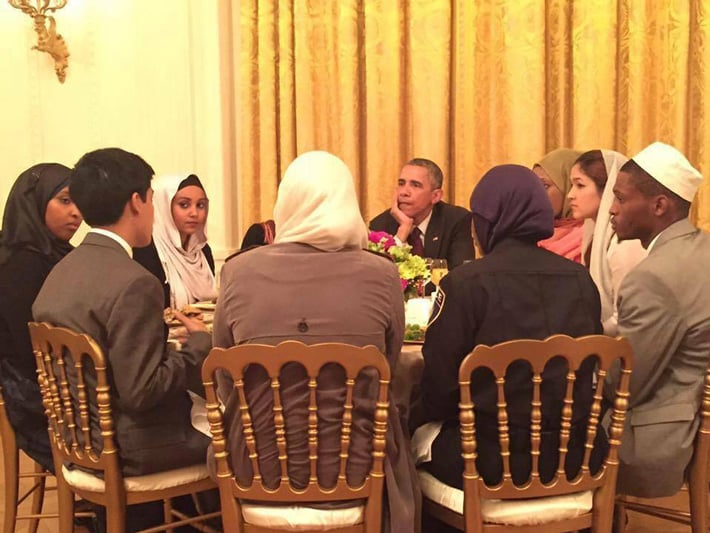It is that time of the year when Muslims, by and large, observe the holy month of Ramadan. It is the most revered month in the Islamic calendar since it is when the Qur’an was revealed. It is the month in which Muslims virtually turbocharge their worship in order to cleanse themselves from stains resulting from year-long slips, inequities, sins, and pray for absolute salvation. However, Ramadan is more than empty rituals, annual fellowship, individual or communal spiritual endeavor. The essence of Ramadan can only be understood when contextualized.
Ethics is generally understood as a code of conduct or values that distinguish right from wrong, moral from the immoral, virtuous from vile, which govern the lives of individuals, groups, and societies. In Islam this code is known by the Arabic word akhlaq, which could roughly be defined as the foundation of good character.
It is the month of caring for the poor and praying for the oppressed. It is the month of forgiveness. As God forgives abundantly, the observers are supposed to forgive others who may have wounded them by their trespassing and/or transgression—something that is universally difficult thing to do.
The human being is God’s vicegerent, a caliph or a steward, and as such, has the obligation to promote that which is good and to reject that which is wicked, and to bring about positive change when necessary. In order to fulfill this monumental task of realigning a wrecked humanity, so to speak, the individual’s character must be thoroughly refined.
In other words, one must save oneself before anyone else. One must reach certain level oftaqwah, God-consciousness or self-policing, that in due course leads one to becomemuqsit, or one who upholds justice not only in public or under the scrutiny of others but behind the scenes.
Naturally, the first step toward building a good society is to attain knowledge. So, it is hardly surprising that God’s first commandment revealed to Prophet Muhammad was to read or to search for knowledge—both in the mind and heart. Since the former is universally accepted as the windmill through which knowledge is processed and produced, it is critical to underscore importance of the latter—the spiritual telescope.
Ramadan is an institution of self-discipline in which the observer is rehabilitated and his or her capacity for enduring patience is enhanced. Aside from being sincere and trustworthy, patience is one of the most crucial elements of the character of a transformer. The ideal believer is one who praises God for the blessings that He has given him or her, or patiently accepts what God has portioned for him or her.
To break free from any narcissistic self-pity and appreciate one’s fortune in life, the believer is to reflect on the conditions of those whose medical and financial situations are worse than his or her situation. All material things and issues are given secondary status. The real richness is found within one’s heart.
Ramadan is the season for tazkiyatul nafs—purifying the heart or the self by nourishing withering values such as humility, empathy and compassion and shunning all elements or behaviors that may corrupt the heart. It is the season in which Muslims function in unison and in accordance with the absolute Oneness of God.
From the Islamic point of view, God’s message to humanity is one. All communities of faith have at one point or another received the Divine prescription to fast in order to refresh or revive the moral code. However, men who arbitrarily reject that moral code have been relentless in their pursuit to corrupt the Divine prescription or declare it old-fashioned.
Contrary to what ISIS, al-Shabaab, Boko Haram and the like might preach, the core values of Islam enhanced in Ramadan are not meant to impact only Muslims; they are meant for people of all faiths, or no faith at all. These values that are grounded on broad-minded view of humanity were meant to improve the quality of our coexistence.
Seventeen times during regular daily prayers—and even more during Ramadan since Muslims pray more frequently in that month than any other time—Muslims are reminded that they do not worship Rabbil Muslimin ‘Lord of the Muslims’ but Rabbil a’lameen ‘Lord of the worlds’—all that exist in the physical and the spiritual realm.
During the month of Ramadan, the average observer comes closer to becoming the ideal moral-being that he or she is supposed to be. That Ramadan-inspired high state of scruples and adherence to the moral code undergo two particular trials- the individual’s relationship with God and his or her dealings with other human-beings whom they interact and share space with.
